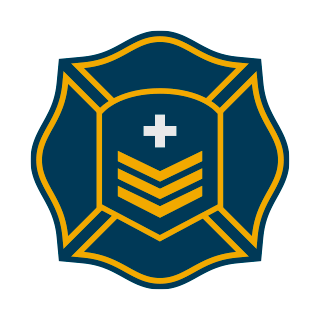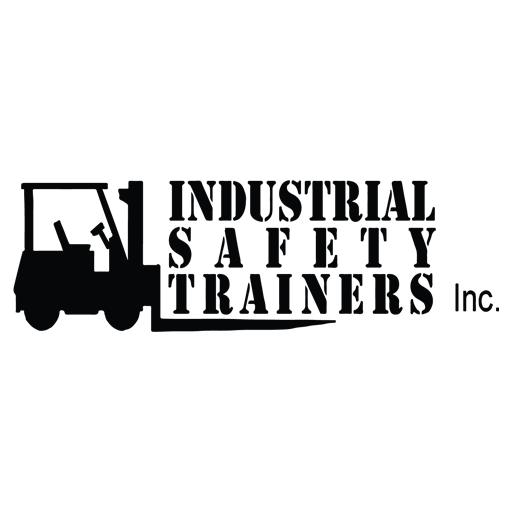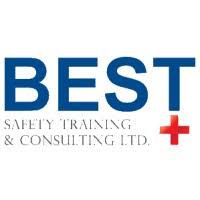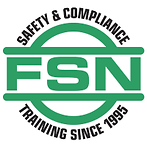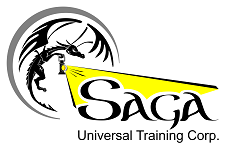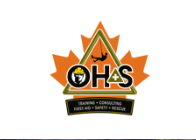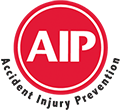Top 10 Chemical Safety Courses in Canada - Page 4
Discover Courses Tailored For You
Find the best courses to enhance your skills in various domains. Our diverse selection of courses will help you achieve your professional and personal goals.
New Courses
Study with Top Creative Specialists
Learn directly from top creative experts on CourseTakers. Enhance your skills with their practical insights and experience.
All Top 10 Chemical Safety Courses in Canada - Page 4
Are you looking for Chemical Safety courses in Canada? Here are the Top 10 Chemical Safety classes in Canada.
The course fee for Chemical Safety training in Canada ranges from $60 for a 3-hour WHMIS - GHS Training, up to $9195 for a 2-day Ammonia Safety Course NH3.
54 Results

